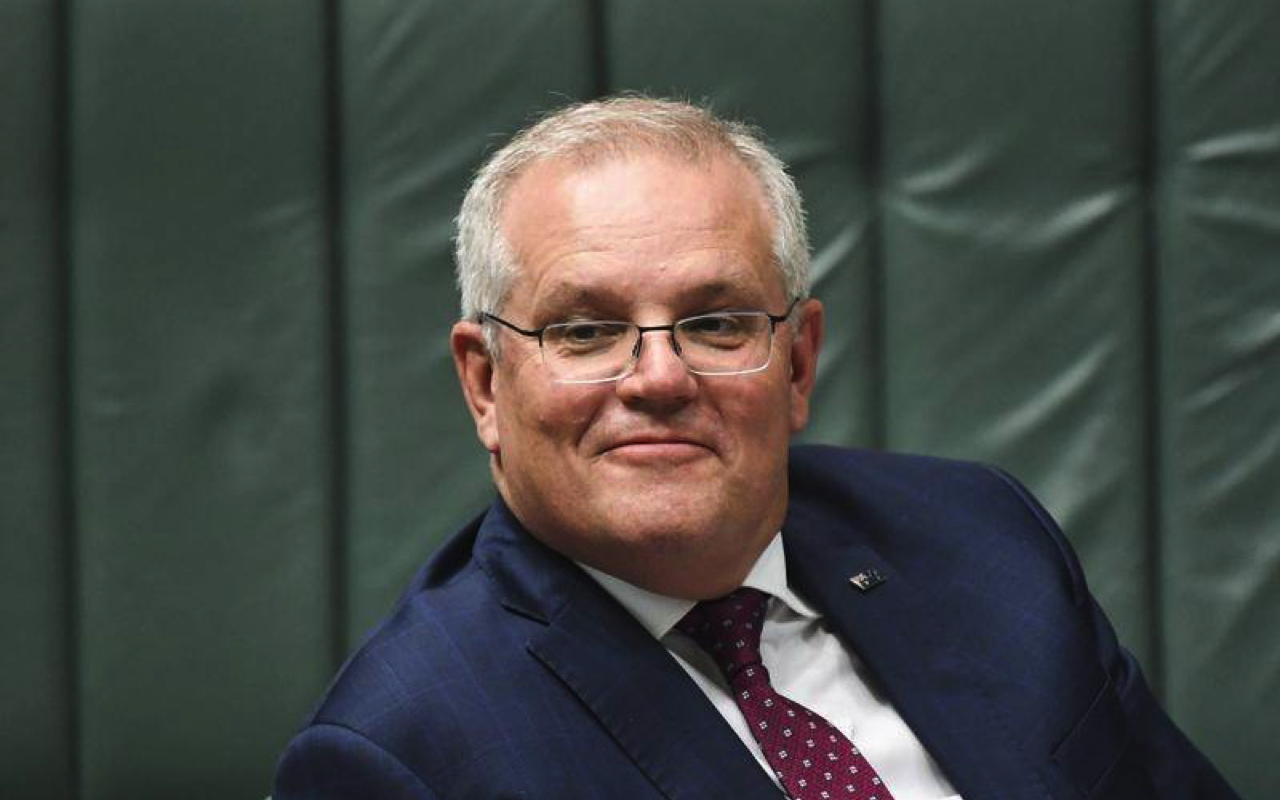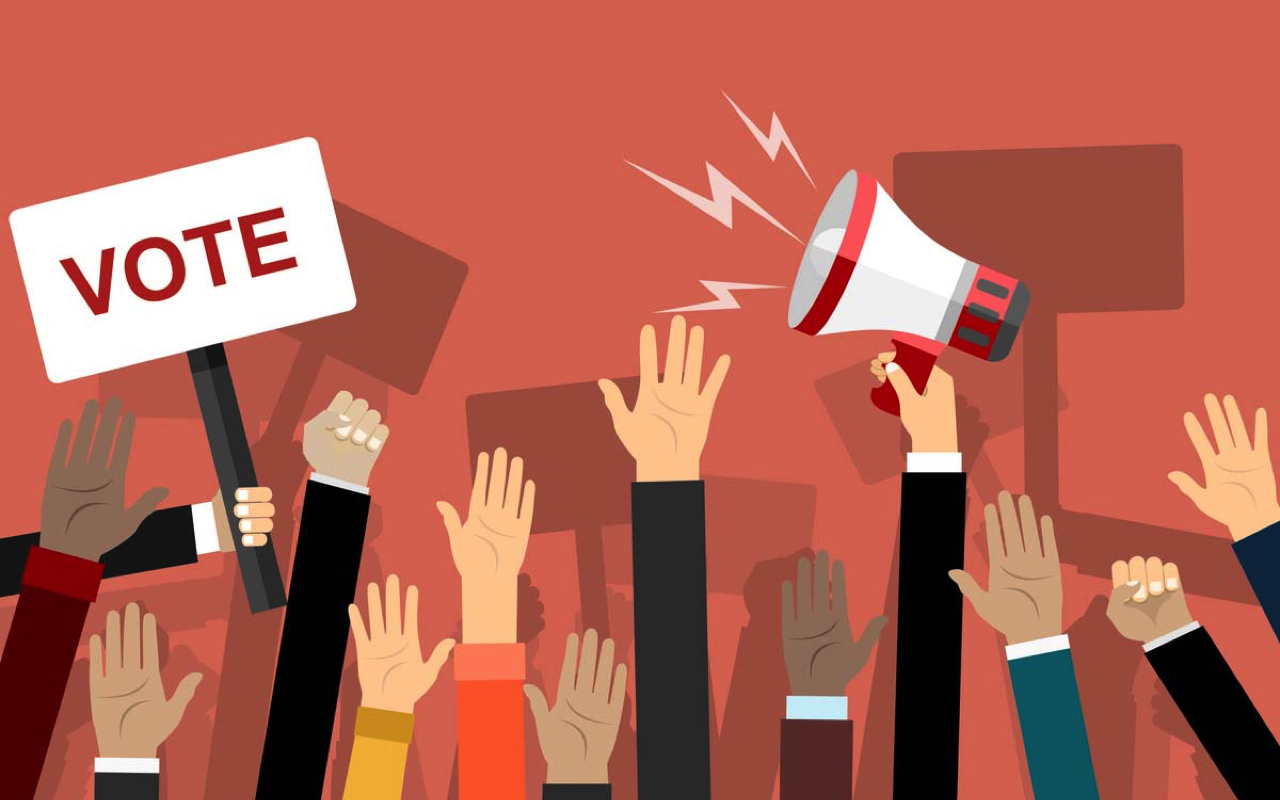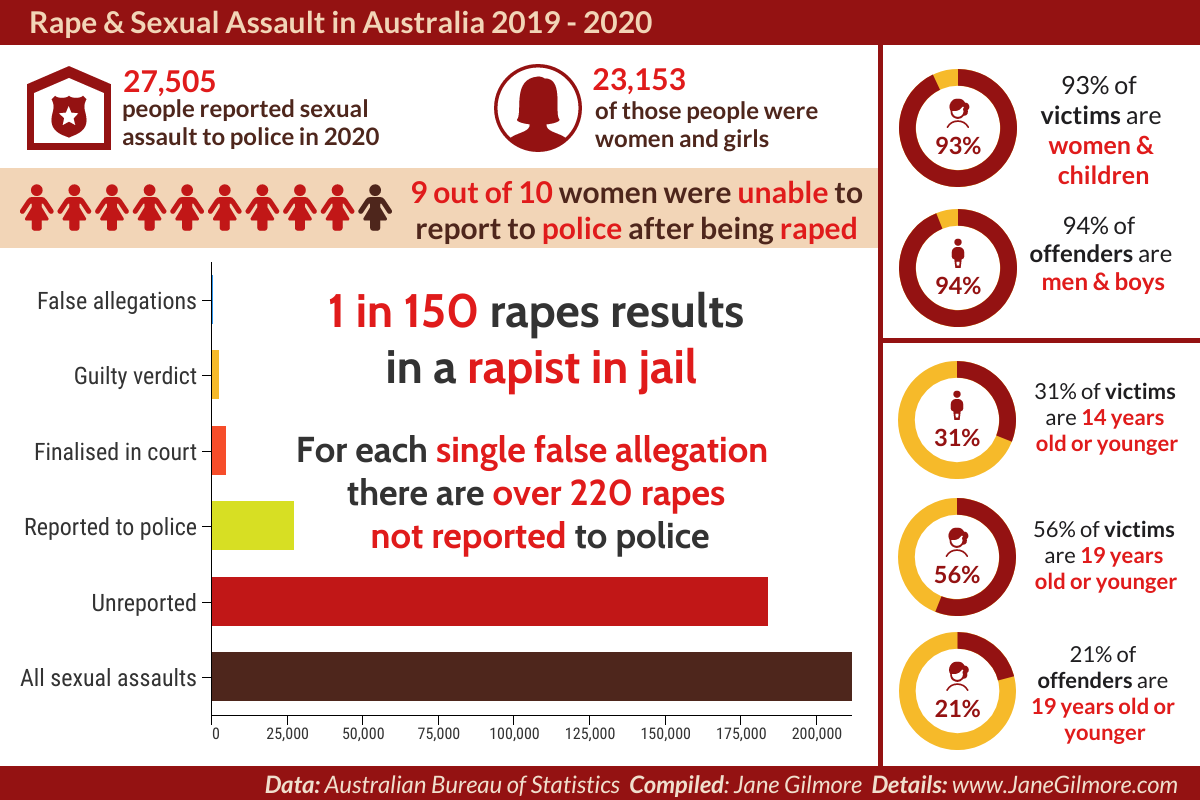I was privileged to speak at ANU this week for their sex and consent week.
Trigger Warnings
Before we start I just want to talk for a moment about trigger warnings.
I flew up from Melbourne yesterday and the stewards did the safety lessons they always do on planes. I don’t listen any more, I’ve heard them so often they just fade into a whah whah noise in the background. But there is a reason for them and it’s very possible that I’ve been ignoring those lessons for so long that if there really was an emergency I wouldn’t actually know what to do.
Trigger warnings can be like that, but they exist for a reason, it’s not about hearing words or ideas that can be uncomfortable or even distressing. Very few people can talk about sexual violence and not find it upsetting. This is not the same as triggering, which is a very specific reaction people have to trauma, and sometimes to trauma we don’t even know is there. And it’s quite possible to not even recognise our reactions as related to triggers. So I want to be very clear. I am going to be talking about sexual violence – the entire continuum of sexual violence – and this may cause a reaction for some people. Tigger warnings mean you need to be aware of your reactions, physical as well as emotional. If you feel your chest tightening, if you feel sick, cold, dizzy, sweaty, scared, tearful, or even an overwhelming urge to laugh, these can all be signs of being triggered. If you hear, see, smell or feel memoires of something that isn’t happening now, this is being triggered.
If any of these things happen, you are ok. This is what we mean when we say this is a safe space, you can have any response you need to here, and you will be looked after. We have people here to talk to. If you need to leave, hold a friend’s hand, cry or just tune out, do that, do whatever you need to do. That’s why we are here.
Lessons from The Hunting Ground
I think most of you will be aware of the movie The Hunting Ground, but for anyone who hasn’t heard about it, it’s a documentary about two women in America and the amazing journey they took to combat sexual violence in American Universities. Both of them were sexually assaulted in their first year, one of them before classes had even started. Their university gave them no support, their attackers received no consequences and they were left trying to continue their lives and studies on their own.
These two amazing women turned the horror of what happened to them into a crusade, and because of them, over 100 universities are facing federal investigation over their handling of sexual assault and their lack of care for the victims.
I was involved in The Hunting Ground Australia project, I was moderating discussion panels after screenings of the movie in universities around Victoria. I think I saw the movie about half a dozen times before I had to stop. I’d go in, introduce the movie and then leave while it was on. It got worse with every screening, not better. Not because it was particularly graphic in its description of rape, but because the effects of rape on the victims was so graphic. Because they were so traumatised, so hurt, and so alone. It broke my heart over and over again, and even more so because I know there are so many people like them.
I’ve been researching and writing about violence for so long now, I know more than I want to about how common it is, how wounding it is, how hard it is for victims to be believed and perpetrators to feel any consequences. It makes me sad, and even more, it makes me incredibly angry.
The continuum of sexual violence
Sexual violence is not just rape, it exists on a continuum, the so called “jokes” that degrade women, LGTBIQ people, “girly men” and people of colour, the othering that makes them less than human, and therefore objects to deride or attack with impunity are part of that continuum. These are the attitudes that have to exist for sexual violence to occur. If we can make “jokes” about a woman’s breasts, her breasts are things, separate from her as a person, and in fact she ceases to be a person, she’s just a vehicle to carry around breasts to leer at, photograph, grab, assault. Because perception of personhood is everything.
Consent doesn’t just apply to sex, in the context of sexual violence, it applies to the entire continuum. Even to jokes. We can, god knows I do, make terrible jokes in private. Gallows humour is, at times, the only way to stay sane, but those jokes involve consent. When we are laughing at ourselves, when our friends find a way to make us laugh at the situations we find ourselves in, we lighten the load. But sexualised jokes, without consent, where the object of the joke is not joining in the joke, this is the continuum of sexual violence.
Stalking, harassment, groping, leering, grabbing, touching without consent, these are all sexually violent acts and they all stem from the perpetrators belief that their wants exist in a way that is real, that matters, and the object of their wants is precisely that – an object, not a person. Once that belief is present, any form of sexual violence is possible.
Enthusiastic consent as the standard
I’ve been arguing for a long time that we need to be teaching consent – enthusiastic consent – from primary school. Six year olds are perfectly capable of understanding that if their friend doesn’t want to be hugged, it’s not ok to hug them. They are perfectly able to understand that it’s wrong to take something from someone when they don’t want to give it to you. And we can teach six year olds to speak up when they don’t want to be hugged or touched, that they have the right to expect others will respect them and their bodies. By the time people leave high school enthusiastic consent should be as familiar as multiplication tables and the map of Australia.
But it’s not, and too many young men are getting to university without really even understanding the basic concept of consent. And yes, I say young men, because sadly it is almost always men who commit sexual violence, even when women are not always the victims.
Consent is not the absence of saying no. Consent is not being too incapacitated to say yes. Consent, enthusiastic consent, is saying yes, actively, with both action and words. It is ongoing, it’s not just yes to coming in the door, kissing or touching, it’s yes to everything that happens. Knowing you want to have enthusiastic consent means constantly checking, is this ok, do you like this, do you want me to do this, what would you like to do? And let me tell you, anyone who thinks those questions get in the way of good sex hasn’t had good sex yet.
We also need to teach children to grow up able to say no when they want to, to have the belief that they have a right to say no, that if they start to feel uncomfortable or afraid they should say no. That no one has an obligation to give their bodies away, no one has the right to expect you should. The lessons of enthusiastic consent teach everyone that their body is their own, their choices are their own, and everyone should respect that. Enthusiastic consent teaches than where your body and your choices are not respected, the problem is not you, the fault is not yours and the blame belongs only to the person who violated you.
If we lived in a world where enthusiastic consent was the standard expected of everyone, that it’s absence would be as bizarre as riding a horse through Myers, sexual violence would probably still happen, albeit far less frequently, but the social, legal and public reactions would be very different. This is the world we should aim to live in.
The lesson from The Hunting Ground movie is that change is possible, and that it starts with passionate activists determined to make a difference, who gather together with likeminded people and push collectively for change. The Title IX claims in America started with two women and a laptop, it ended up in Congress. I know it can feel at times like the fight for change is overwhelming, but when we gather together, determined and united, there is nothing we cannot do.
Alcohol and sexual violence
One last thing I want to talk about is alcohol. Alcohol is a persistent factor in sexual violence, often given as an excuse for the perpetrator, and used a source of blame for the victim. Let’s be very clear here, alcohol is never an excuse for rape. It is, however, frequently used as a weapon in rape. Deliberately incapacitating your victim with alcohol is no less violent than deliberately knocking them over the head with a piece of wood. The victim of deliberately alcohol incapacitation is no more to blame than the knocked-on-the-head victim. And the perpetrator is equally culpable in both situations.
We would not accept alcohol as a mitigating factor for driving while drunk. No one would say of a person who did 15 shots and 3 pints that they shouldn’t be blamed for driving their car home because they were too drunk to know it was wrong. We should have the same expectation that drunk men understand sex without consent (which includes the inability to give consent) is rape, and is a criminal and abhorrent offence.
Sexual violence, the entire continuum of sexual violence, is always wrong. The only way to combat it is to change the lessons of entitlement and objectification that too many men are taught and replace them with enthusiastic consent and respect for self and others. This is not a simple or easy thing to do, but I do believe it’s possible.
Thank you for listening.
Some thoughts from the discussion afterwards
On standing up to “jokes” and disrespect
That quote from David Morrison, the standard you walk past is the standard you accept, is often invoked in these discussions. But it’s not always easy. There are times when it’s difficult or scary or even embarrassing to speak up. If you feel like you’re the only one in the room with a whole lot of people who have more power than you, it can be incredibly difficult. And it’s ok, you didn’t let down the entire feminist movement if you don’t stand up to one sexist “jokes”, you aren’t given a lifetime membership to One Nation if you stayed silent in the face of one slightly racist remark, and you don’t get shipped off to Westboro Baptist church if you turn away from homophobia one time.
I’m not here to tell you that you are never allowed to walk past, but I am here to say it’s always worth taking a moment to think about. Do you need to walk past, because the most surprising thing about standing up is how often you’re not the only one, you’re just the first one. And every time someone hears a “that’s not ok” in response to something they think is ok, they learn the lessons they’ve never been taught. Like the micro-aggressions we talk about, the micro-affirmations can work the other way.
On male allies
This can be a difficult one, and to be clear, I’m not talking about male victims of sexual violence, who absolutely should have a voice, I’m talking about male allies. Men who understand that male privilege and entitlement is a problem for everyone and want to make a difference. You are welcome and necessary to change, but your role here is to sit quietly and listen. Understand what women are telling you about their experiences, take those lessons back to male dominated spaces and make change there. When you are in female dominated spaces, understand that women are too often silenced by men and make change by not doing that. Amplify female voices rather than your own. Listen rather than talk. Understand rather than explain. This being a true ally.
1800 RESPECT
Sexual assault, domestic and family violence counselling and support.
24 hours a day, 7 days a week.
Ph: 1800 737 732
www.1800respect.org.au
Suicide Call Back Service
24 hours a day, 7 days a week.
Ph: 1300 659 467
www.suicidecallbackservice.org.au
Kids Helpline
24 hours a day, 7 days a week.
Phone: 1800 55 1800
www.kidshelp.com.au
Child Wise National Abuse Helpline
Mon-Fri: 9 am – 5 pm
Ph: 1800 99 10 99
www.childwise.org.au
MensLine Australia
24 hours a day, 7 days a week.
Phone: 1300 78 99 78
www.mensline.org.au




